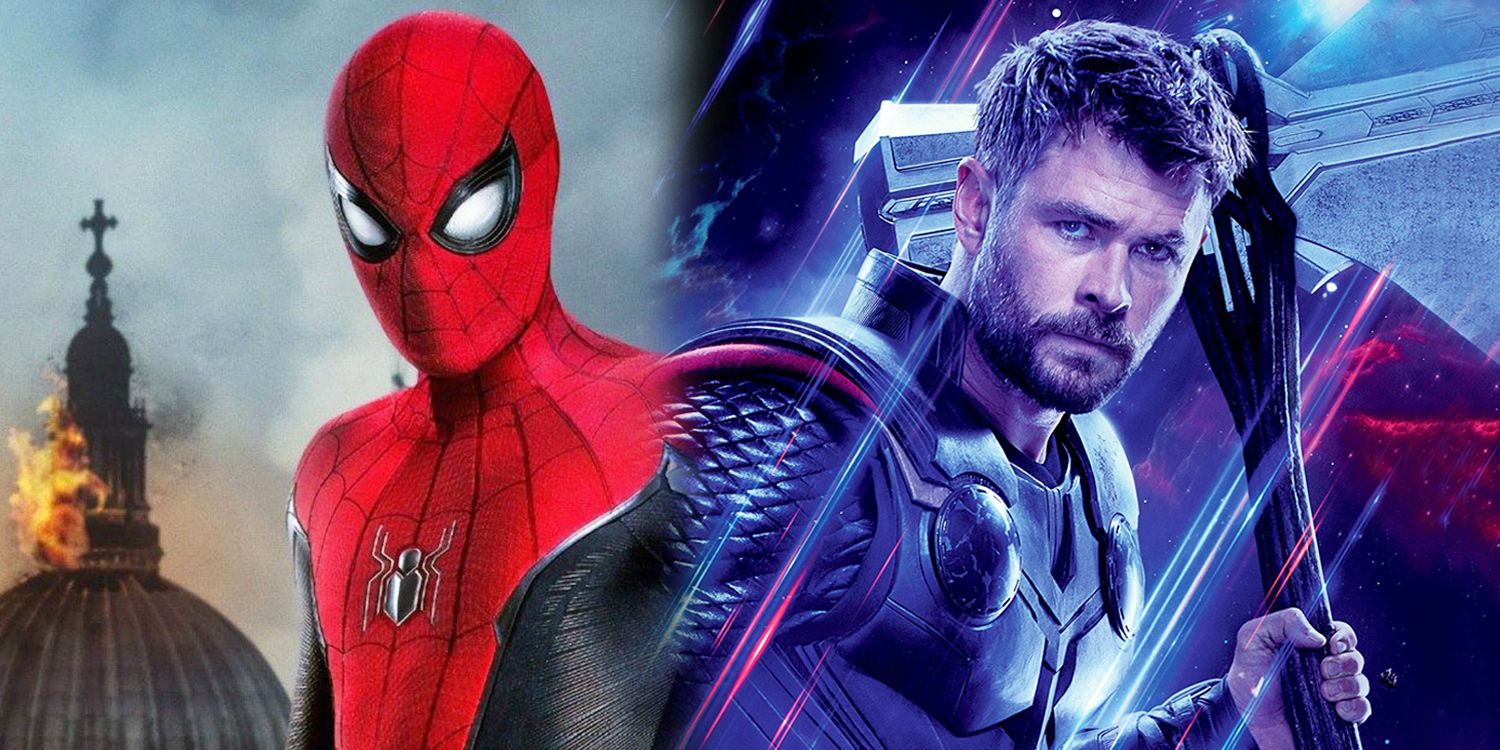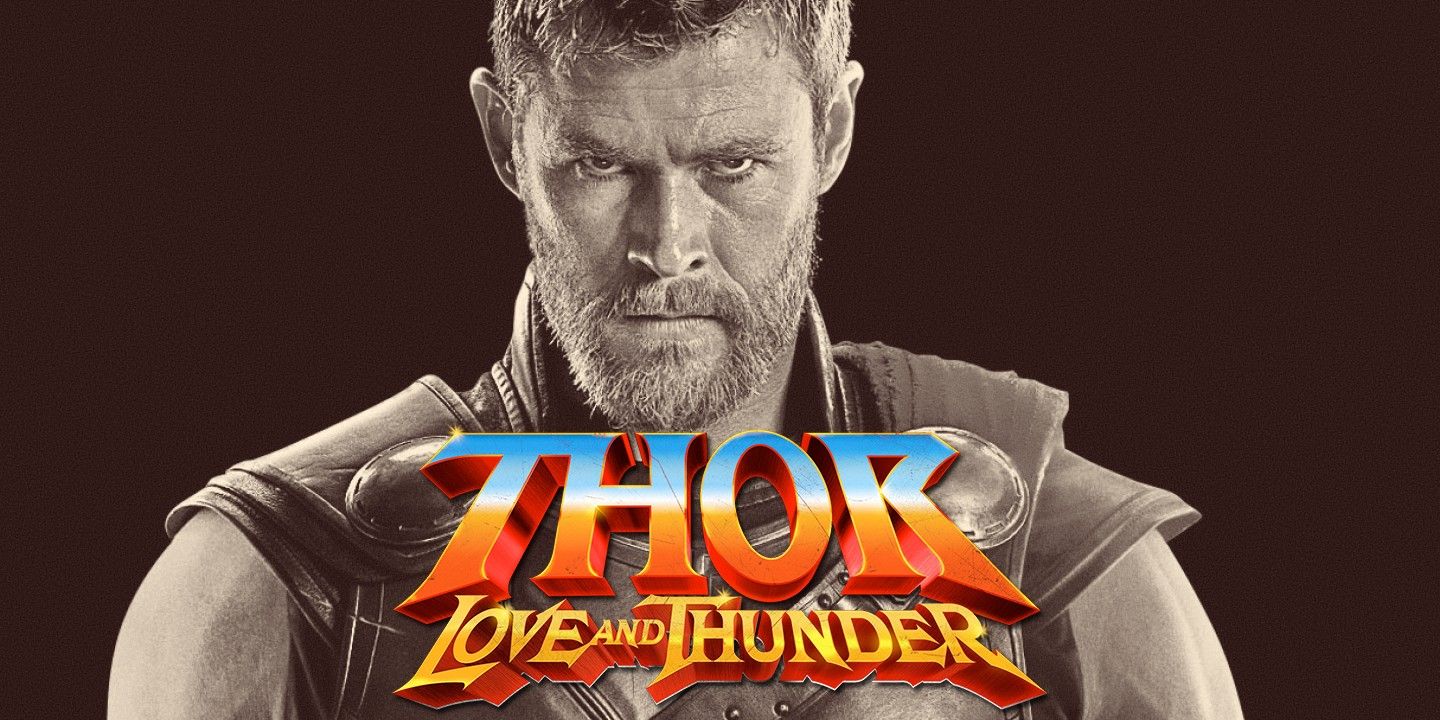The Marvel Cinematic Universe has a long and diverse future ahead, but the first Disney-owned sequel after Avengers: Endgame will not be released until 2022. In its twelve years of existence, the MCU has introduced countless beloved characters and assembled them on multiple occasions to fight threats they couldn't fight on their own. All of this was possible due to Marvel's successful model of letting the audience get to know and grow to love each character before adding them to the bigger picture.
Before they assembled for the first time in The Avengers, 4 of Earth's mightiest heroes were introduced in their respective solo movies in Phase 1 of the MCU with Iron Man, The Incredible Hulk, Thor, and Captain America: The First Avenger. Due to the highly positive reception of Iron Man and Marvel's fast-developing plans to establish a cinematic universe, the MCU's first sequel - Iron Man 2 - came only two years after the first film, taking place between The Incredible Hulk and Thor. Despite falling behind critical expectations, the sequel helped cement Robert Downey Jr.'s Tony Stark as the MCU's leading figure for years to come. What came after the success of The Avengers was an increasingly successful series of films that continued with three sequels to the team's solo titles - Iron Man 3, Captain America: The Winter Soldier, and Thor: The Dark World - and the first ensemble sequel, Avengers: Age of Ultron.
By this point, the MCU had expanded so much that only 7 out of the 11 Phase 3 movies were sequels, and 3 of these were ensemble films: Captain America: Civil War, Avengers: Infinity War, and Avengers: Endgame. Phase 3 of the MCU concluded with Spider-Man: Far From Home, which served both as a follow-up to Spider-Man: Homecoming and as the epilogue to the 22 films that came before it. However, this last sequel is not entirely owned by Disney, considering Spider-Man is a shared property with Sony. The Disney/Sony deal that allows the web-slinger to take part in the MCU lets Sony distribute his solo films and have decisive authority over his appearances, which makes Spider-Man's next untitled 2021 sequel another shared release. Instead, Thor: Love and Thunder will gain the distinction of being the next fully Disney-owned film that directly follows the story of an already-established title.
Phase 4 of the MCU will start a new saga with 2020's only Marvel movie, Black Widow, a highly-anticipated spinoff to Scarlett Johannson's Natasha Romanoff who, despite being one of the main headliners in the entire Infinity Saga, never got to shine by herself in a solo movie. 2021 will introduce the Eternals, a group of cosmic beings whose existence will reveal deep repercussions to the whole universe, followed by the titular martial artist in Shang-Chi And The Legend Of The Ten Rings, who will fight the real Mandarin. It's only until the release of Love and Thunder in 2022 that a non-Sony sequel will join the Marvel catalog, three years after Endgame. Helmed by its predecessor's director Taika Waititi, the film will reveal the next journey for Thor after the destruction of Asgard in Thor: Ragnarok and his resignation from the throne at the end of Endgame.
There are so many future releases planned in the Marvel Cinematic Universe that it's easy to overlook details like these. For instance, another oddity in the current schedule is how Thor 4 and Doctor Strange 2 will release only six weeks apart in 2022. This is proof that the level of anticipation for Marvel's upcoming films and shows overshadows whatever technicalities may arise in the production of such a vast web of projects. All things considered, a lack of direct sequels is definitely not an issue worth worrying about for Disney.








